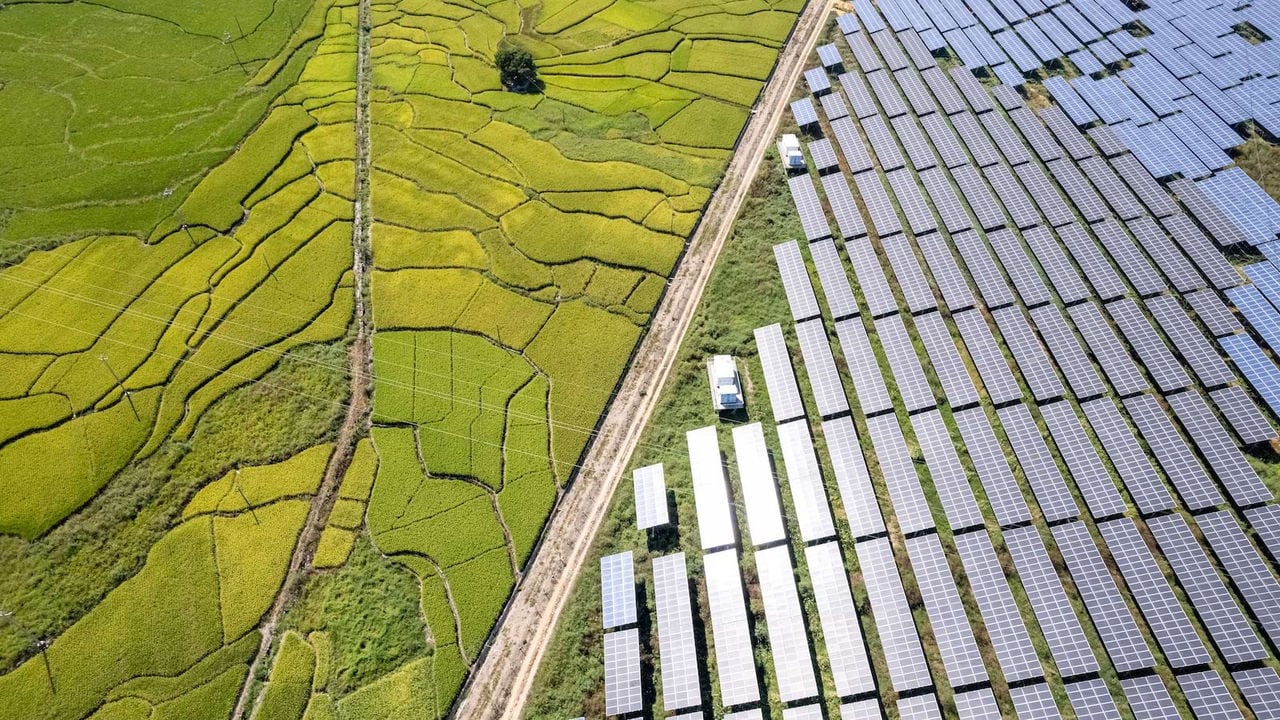A new path for ESG reporting
On 31 July 2025, the European Financial Reporting Advisory Group (EFRAG) released an amended set of draft ESRS, open for public feedback until 29 September 2025. While these standards await finalization, they offer a glimpse into the upcoming simplifications that will reduce the burden of CSRD reporting (not applicable to FY25 reporting).
Key changes show a significant decrease in mandatory disclosure requirements
Within the amended ESRS Exposure Drafts, the mandatory datapoints are reduced by 57%. Many of the deleted datapoints stem from the narrative policies, actions, and targets disclosures that were considered non-essential, allowing organisations to follow a less prescriptive and more principles-based reporting approach. EFRAG introduced six levers for the simplification of the amended ESRS:
- Simplification of the Double Materiality Assessment (DMA): The revision shifts the focus from procedural compliance to meaningful, decision-useful reporting. A new “practical considerations” section emphasizes a top-down approach, rooted in the business model.
- Improving readability and integration: Information on policies, actions, and targets can be consolidated if applicable to multiple material matters, enhancing readability and storytelling within corporate reports.
- Reduction in Minimum Disclosure Requirements (MDR): MDRs in ESRS 2 are reduced in scope, making way for a more principle-based, flexible disclosure model by removing duplications in topical standards and focusing disclosures on the most essential information related to policies, actions, and targets.
- Enhanced structure and clarity: Application requirements are now seamlessly connected to the disclosure requirements they apply to, reducing potential misunderstandings with clearer categorisation of mandatory versus optional disclosures.
- Introduction of burden-reduction reliefs: Broader use of IFRS-aligned provisions like ‘undue cost and effort’ when reporting on metrics aims to reduce complexity while preserving the quality and comparability of sustainability disclosures across global reporting frameworks.
- Enhanced interoperability: Amended standards align more closely with IFRS S1 and S2, harmonising terminology and certain disclosure requirements, such as the reporting boundary for GHG emissions.
Strategic directions for a sustainable future
Based on these technical updates, your organisation can strategically leverage these proposed ESRS changes (not applicable for FY25 reporting):
- Reassess information materiality: Essential in determining the scope of reporting, this reassessment will direct efforts towards relevant requirements based on the updated DMA.
- Focus on strategically important topics: Use the room that a reduction in datapoints gives to focus on operational improvements and the mitigation of risks by developing policies, setting targets and defining action plans.
- Pay attention to additional guidance in DMA updates: As a cornerstone of the CSRD, refreshing the DMA using additional guidance ensures that your focus remains on genuinely relevant sustainability matters.
Moving forward: prepared for the future
As we explore these updates, the underlying narrative is one of preparation and adaptability. Leadership is about anticipating change and embracing it – these ESRS updates provide an opportunity to fine-tune your organisation’s reporting efforts. We are here to support you in navigating these changes to ensure your organisation stands ready to excel in sustainability reporting, now and in the future. Join us for our upcoming global sustainability reporting webcast on 18 September 2025 during which we will discuss these amended draft ESRS and implications for FY25 preparers. Register for the webcast.
Join our Global Technical Training Webcast on the ESRS proposed revisions
Watch live on Thursday 18 September
Contact us





















